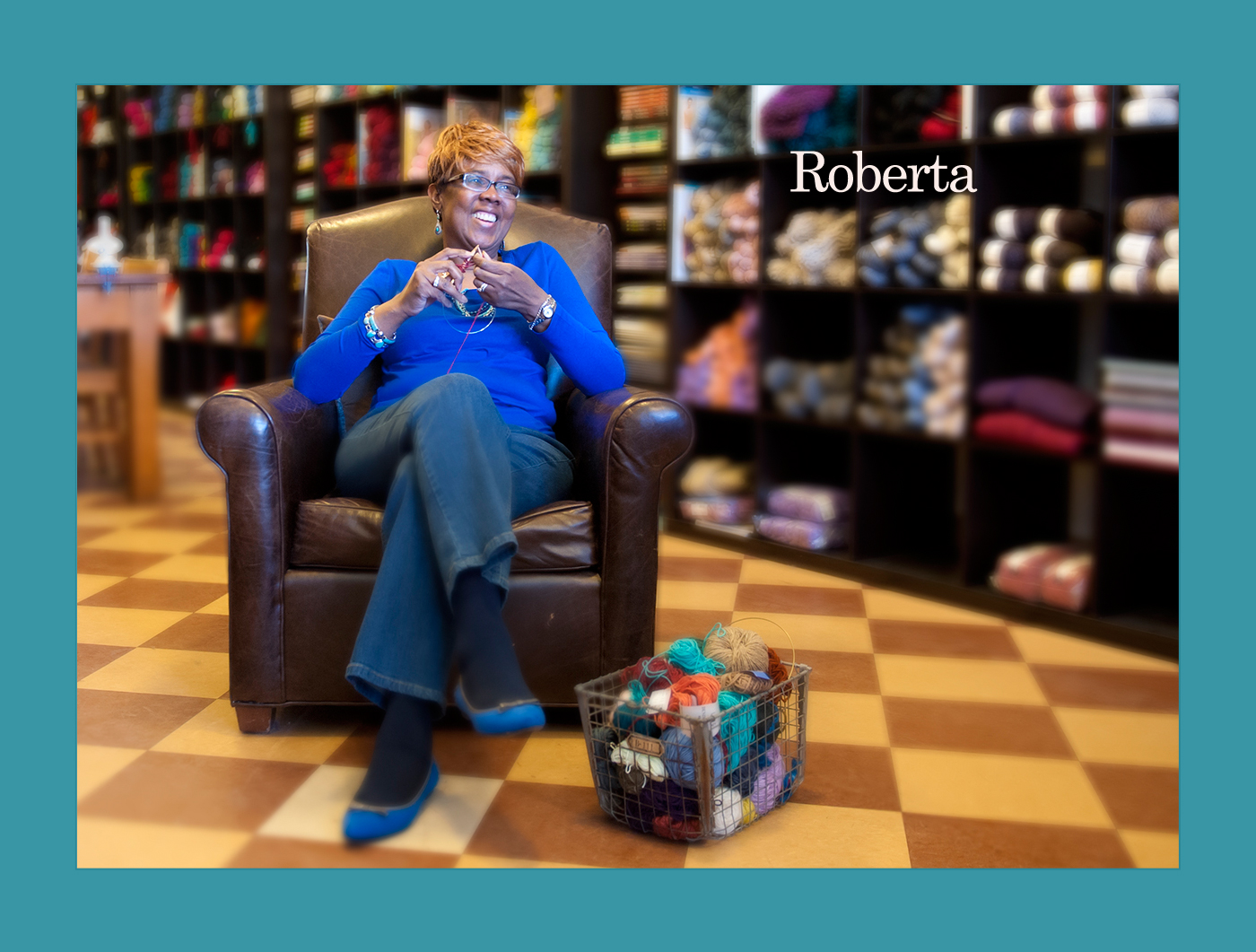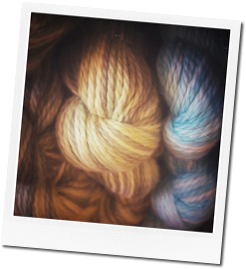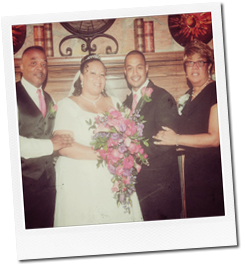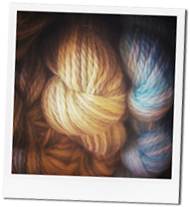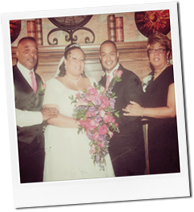“I don’t have a bucket list. I have a living list, and it’s got all the things I want to do.”
As she listened intently to the doctor in the exam room at the VCU Massey Cancer Center, Roberta Richardson’s husband, William, sat beside her, his eyes welling up. “I don’t know how to live without you.” She instantly shot back, “You won’t have to.”
“When you get a prognosis of an aggressive form of cancer and that you have at the most two years to live, your mind won’t allow you to accept it,” Richardson said. “I said to myself, ‘Jesus, I love you, but can I get a rain check?’”
Richardson was first diagnosed in June 2010 with myelodysplastic syndrome, a blood-related cancer, and subsequently developed a much more aggressive form, acute myeloid leukemia, in May 2011. That’s when she received the grim prognosis.
“Your head just can’t wrap itself around that. And I wondered, ‘When do the two years begin?’ It really and truly doesn’t process,” she said. “You look over your life and see it in slow motion. I thought of my family and asked, ‘How do I tell my children?’”
In the midst of helping her daughter plan her July wedding, Richardson opted to keep the news a secret. “I didn’t tell her. I didn’t want the focus to come off of her wedding,” Richardson said. “We didn’t tell our children, who are both grown, until January 2012. We had to tell them then because I’d be in the hospital for 30 days.”
Richardson had enrolled in an innovative clinical trial therapy developed by Massey researchers and led by Beata Holkova, M.D., the Harrison Endowed Scholar in Cancer Research, a research member of Massey’s Developmental Therapeutics program and assistant professor of hematology and oncology. The trial, supported by a highly competitive Grant Opportunities $1.2 million award from the National Cancer Institute, stemmed from preclinical research developed in the lab of Steven Grant, M.D., the Shirley Carter Olsson and Sture Gordon Olsson Professor in Oncology, associate director for translational research and co-leader of Massey’s Developmental Therapeutics program.
“We’ve been able to translate our basic laboratory findings into the clinical arena and have had patients who have either achieved or have come close to achieving a complete remission,” Grant said.
Following the trial, Richardson’s cancer cells had reduced enough for the doctors to perform a bone marrow transplant, with her sister as the donor.
Throughout her therapy and recovery, Richardson continued one of her favorite hobbies — crocheting — making several blankets for other cancer patients and for the Hospital Hospitality House in Richmond, Va.
“It was very rewarding making these for my fellow cancer patients,” she said.
The subsequent transplant successfully eliminated all signs of her cancer. According to Richardson, she’s doing well, and now waiting for grandbabies.
“I don’t have a bucket list,” she said. “I have a living list, and it’s got all the things I want to do. I’ve taken up golf; I got a bike with a basket so I can go for rides with my dog; we go to concerts at the Kennedy Center.” And she’s taking trips she would never have made before her cancer fight. “But now, I’m going.”
